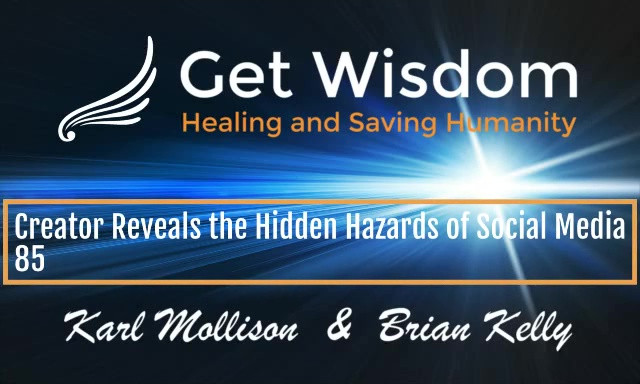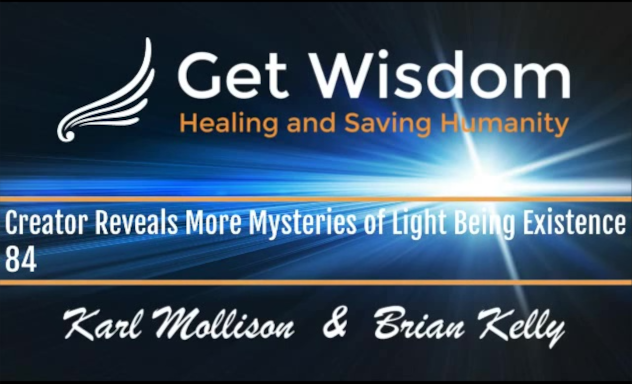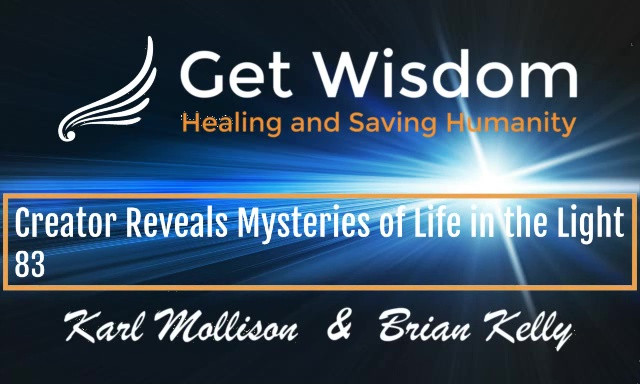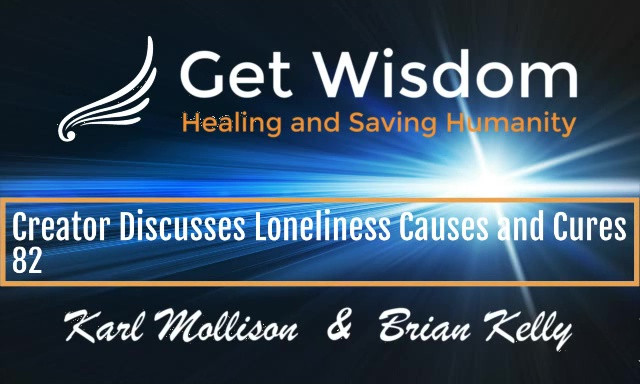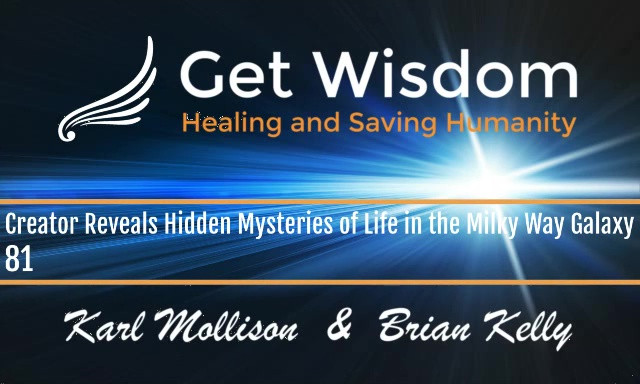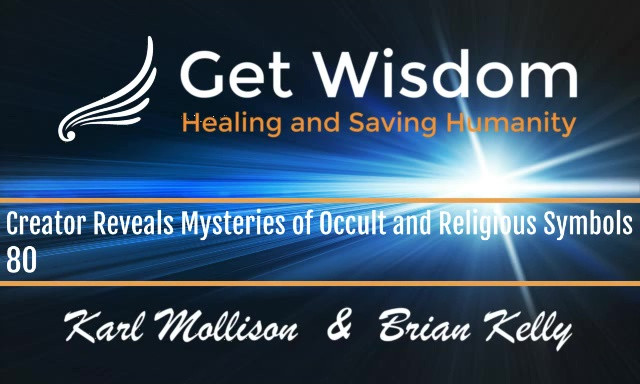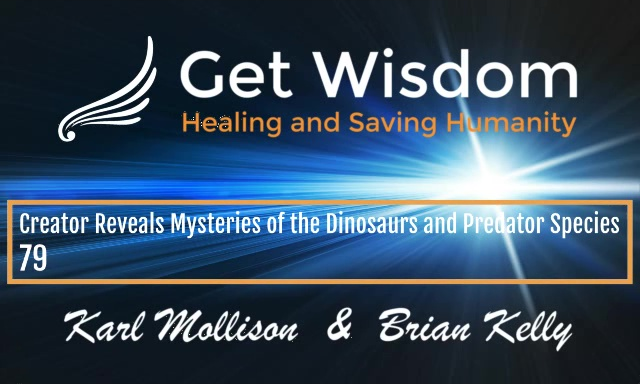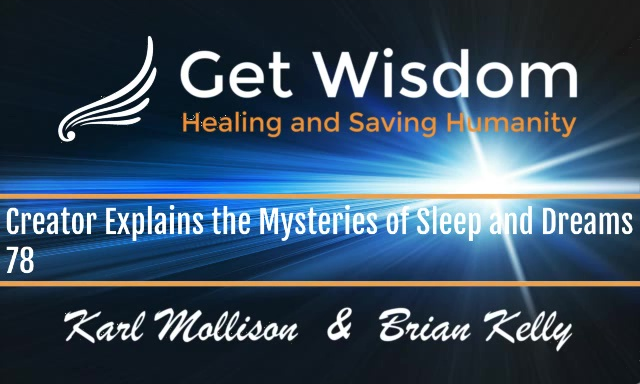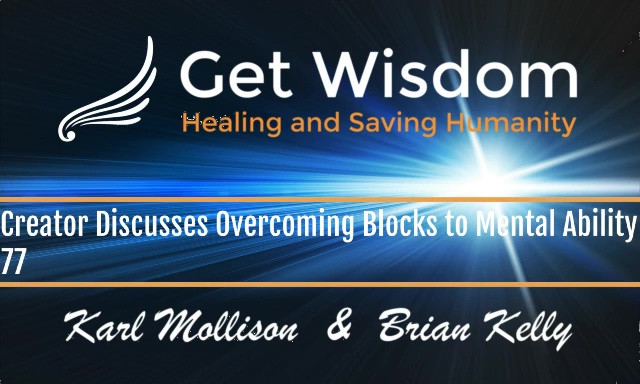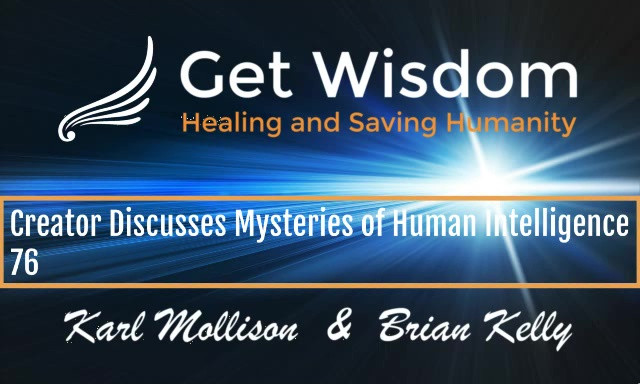Creator Reveals the Hidden Hazards of Social Media
- Are social media platforms just a social “echo chamber” supporting tribalism or is it manipulated to segregate people?
- Are social media memes helpful or harmful?
- Will using a “like button” harm others and yourself?
- What are the hidden dangers of the “cancel culture”?
- Are social media “trolls” and bullies harming their own soul?
- Is social media more harmful to young people?
- Creator explains why the great promise of social media as a public square has fallen short and how both prayer and divine healing requests can protect people from the negative impact of social media.

